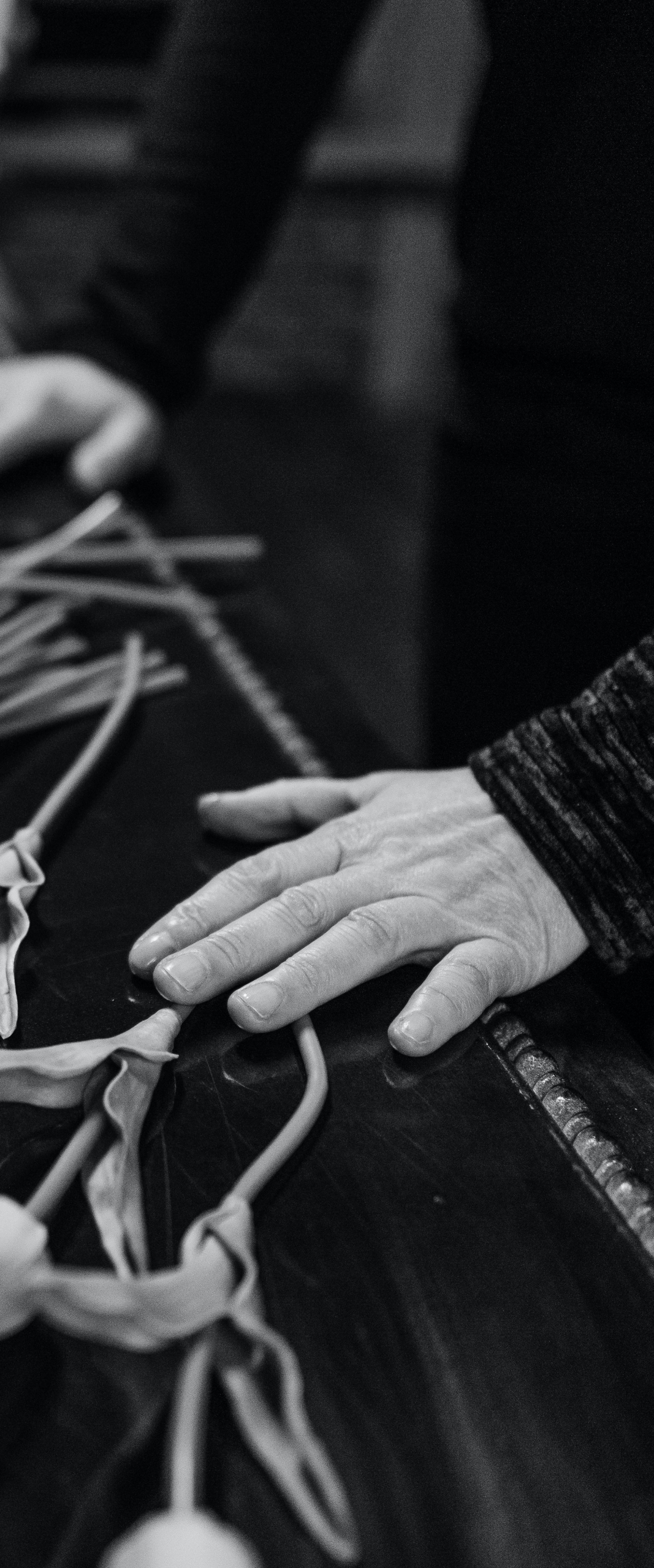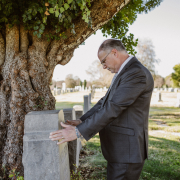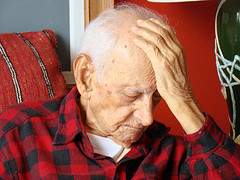Does choosing cremation services mean you cannot have a funeral?
 Many people believe that cremation services as a final disposition method mean you can no longer have a funeral or visitation. This is a misconception because you have a choice. You can choose direct cremation, which is the cheapest option with no other services. It lives up to its name by directly cremating the body in the cremation chamber.
Many people believe that cremation services as a final disposition method mean you can no longer have a funeral or visitation. This is a misconception because you have a choice. You can choose direct cremation, which is the cheapest option with no other services. It lives up to its name by directly cremating the body in the cremation chamber.
Alternatively, you can also honor your deceased loved one with a unique and memorable service. Many families have opted for this because they want a tribute or ceremony that offers closure while still enjoying the cost efficiencies of cremation. After all, you don’t have to worry about the casket, burial plot, and gravestone, which can run by the thousands.
If you intend to plan a service to commemorate the life of a dearly departed loved one who will soon be cremated, here are some things that you need to consider. Knowing the right answers can help you make a sound decision you feel comfortable with:
The Difference Between a Funeral or Memorial Service
Most people conflate these terms and think they are interchangeable. That being said, traditional funeral service or visitation usually takes place shortly after the death of your loved one. Therefore, time is of the essence if you opt not to perform any embalming procedures. However, if you are waiting for relatives to arrive from other territories or abroad, you have no choice but to take measures to preserve the body.
Meanwhile, a memorial service is usually held after the body has been cremated. Usually, it takes at least 3 hours for the body to be reduced to ashes. But you will need to wait a day or two to receive the remains because the staff will wait for it to cool down. From there, they will put the ashes in a temporary box or a cremation urn of your choice.
Holding a memorial service offers more flexibility because you can hold it any time that’s convenient for your schedule. For example, Catholics have a nine-day novena for the dead. Most families hold a prayer ceremony for those days, and anyone can attend. They just place the urn and the picture of the deceased on a table with candles and funeral flowers adorning the space. Then they say their vigil prayers for succeeding days and welcome whoever can make it to the ceremonies.
Casket Considerations for the Different Services
A memorial service doesn’t require a fancy casket. You only need an urn to serve as the vessel for the ashes when you conduct the services. Some choose decorative urns to act as the centerpiece. During the actual cremation process, the body can stay in a more affordable cardboard casket.
If you opt for a more traditional funeral service that includes the viewing, you may need a more presentable casket since guests will come. An all-wood casket looks elegant and affordable. It can also serve as the cremation container before the body enters the crematory chamber. If budget is an issue, an affordable but beautiful alternative is a wicker coffin. Many dislike spending thousands of dollars on coffins that will eventually be reduced to ashes. In fact, many choose cremation as a way to defray the financial costs of an expensive burial. Opting for a simpler coffin will lessen your expenses.
Another pocket-friendly option is renting a coffin. Many funeral homes have these rental services. But you should ask your funeral director first to be sure. Notably, if you do rent a casket, you must still prepare an alternative container for the cremation proceedings itself. A cardboard coffin is the cheapest option for the most basic cremation.
What You Can Expect After the Services
After the funeral or memorial services, you need to decide what to do with the remains. The ashes will be in a temporary box or your chosen urn. As a family member, you have several options at your disposal. Take note of the following:
- Pick a decorative urn and store the remains in your home
- Place in a columbarium or urn garden
- Scatter the ashes in a meaningful location
- Divide the ashes between family members as a keepsake
- Have a portion of the ashes converted into cremation jewelry
If your departed loved one left final instructions, you could just follow their wishes. However, if there’s no will, you are at liberty to choose. There are no hard rules when it comes to the ashes. Pick one that provides the most comfort for your grief.
Don’t hesitate to reach out to your funeral director for help if you need assistance. Their team can help you plan a unique funeral visitation or memorial service. They can also advise you on what to do with the ashes, especially if your judgment feels clouded because of your loss. And most of all, don’t forget to surround yourself with the company of loving friends and family, who are just as eager to provide support and comfort in trying times.










